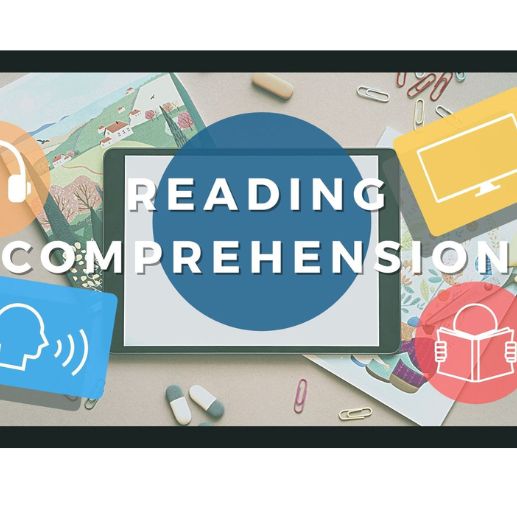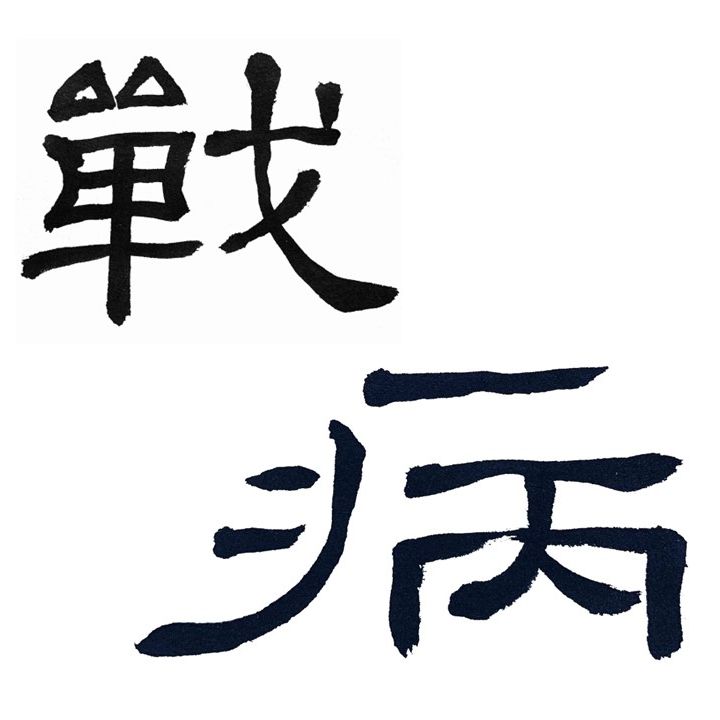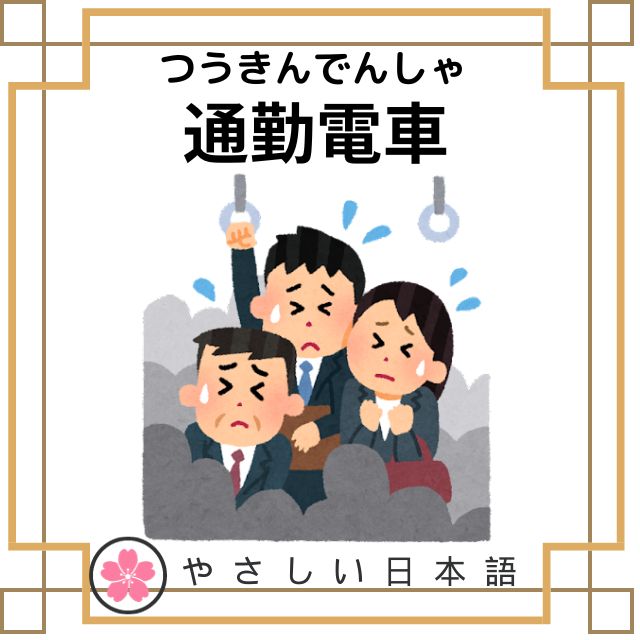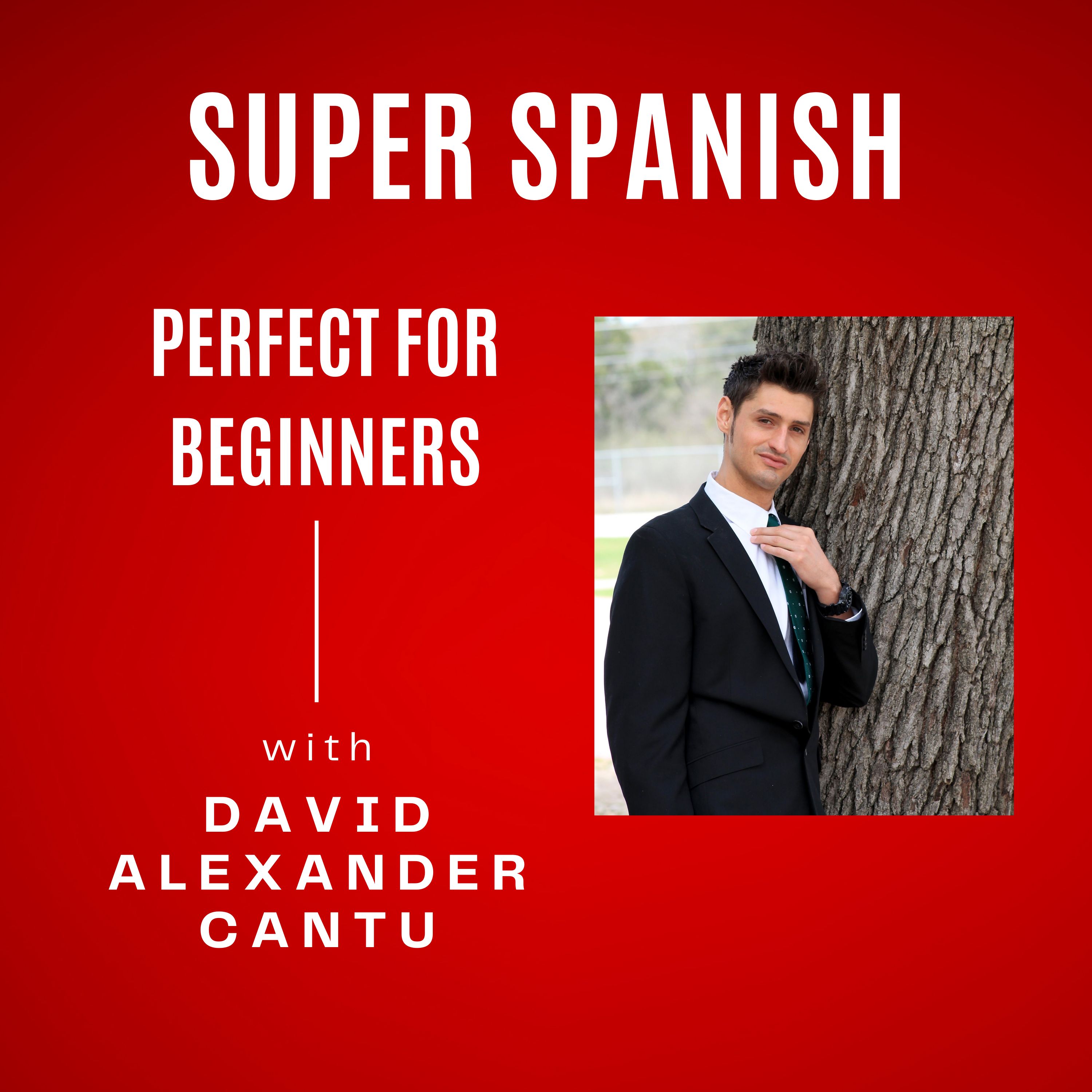Search from various Tiếng Anh teachers...

Do You Really Need to Stretch When You Exercise?
Mô tả
f you're going to exercise, you have to stretch, right?
Well, maybe not.
The answer might depend on your goals, and what you mean by "stretch."
There are different types of stretches.
In what are known as "static" stretches, you hold a single position for perhaps as long as 60 to 90 seconds. These stretches are great for increasing flexibility.
But there are also "dynamic" stretches, where you repeatedly — but carefully — move your joints through their full range of motion.
Expert opinion on how to use these stretches has changed over the years. But it's now generally believed that dynamic stretching is best before you exercise, while static stretching is better after.
As Alisa Bowman writes for the Mayo Clinic, dynamic stretching helps improve blood flow and joint mobility, which gets your body ready to exercise. Studies have even found that dynamic stretching before exercise can improve your performance.
Meanwhile, some research has found that static stretching can temporarily weaken your muscles, which is why it's generally no longer recommended before certain sports — and especially not for high-performance athletes.
Instead, static stretches are typically recommended for helping to relax your muscles after exercise. Since you've been moving and increasing blood flow to your joints and muscles, you'll actually be more flexible, so you'll get more benefit from those stretches.
But while you may have been told that stretching will reduce soreness after you exercise, research has found that it really doesn't make much difference.
You've also probably been told to stretch to avoid injuries. But research doesn't seem to support that either — especially for static stretching.
Writing for WebMD, Sonya Collins says that, as long as you stretch sometime, it's fine if you don't do it around the time you exercise.
In fact, some experts say if you're short on time, it's better to exercise without doing any stretching than to cut your workout short!
Kênh Podcast
Practice Listening, Reading & Comprehension
Tác giả
Tất cả các tập

In a bar

ぼうねんかいを しています (1)

通勤電車(つうきんでんしゃ)"Commuter train in Osaka, Japan"

Scientists Make Healthier, Less Wasteful Chocolate

🧊 La GoTa QuE DeRRaMo El VaSo 💦

拖延症 Procrastination

Off vs Of

El Español en el Mundo (Spanish in the World)
Các tập phổ biến

İngilizçe - selamlar
In a bar

Japanese! わたしの いろいろな はなし
ぼうねんかいを しています (1)

やさしい日本語(にほんご)
通勤電車(つうきんでんしゃ)"Commuter train in Osaka, Japan"

Practice Listening, Reading & Comprehension
Scientists Make Healthier, Less Wasteful Chocolate

Expresiones idiomáticas en español
🧊 La GoTa QuE DeRRaMo El VaSo 💦

Yuli's Chinese Channel
拖延症 Procrastination

LEARN BY LISTENING
Off vs Of

Super Basic Spanish
El Español en el Mundo (Spanish in the World)